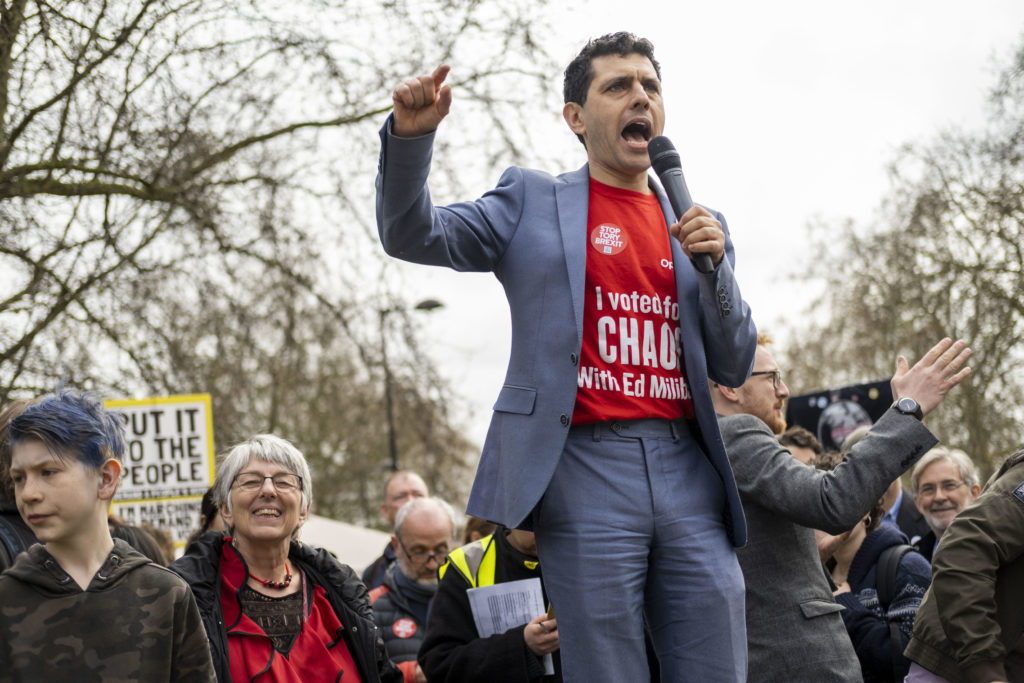
As a backbencher, I face no consequences for my position in the party if I break the whip. My select committee place isn’t at risk, nor my chairpersonship of my all-party groups. But if you’re bound by the collective responsibility of being a shadow minister, there’s an expectation that breaking a three-line whip means you can no longer hold your position. Collective responsibility applies to everyone in the shadow government, but shadow cabinet ministers in particular are usually expected to abide by the highest standards.
In both last week’s indicative votes and last night’s, I followed the whip and voted in favour of a confirmatory public vote. And despite being an MP opposed to Brexit altogether, I also followed the whip and backed a softer Brexit deal. I did this as an act of good faith to give the widest range of options to give the country choices that were less catastrophic than the Prime Minister’s withdrawal agreement.
Labour MPs are not just individuals – we are the political expression of a movement. Internal democracy, namely the ability of members to set party policy, is a vital part of the labour movement. But so is the idea of collective action, everywhere from the shop floor to the House of Commons voting lobbies. In voting for soft Brexit, my good faith assumption was that our frontbenchers would also vote with the whip on both votes – that we would march together as a party.
So I voted twice with the whip last week and this week, while senior shadow ministers did not. All of the options gained more votes and narrowed their defeats, with the highest number of votes – 280 – for a referendum. This would have seemed impossible just a few months ago.
I don’t intend to lose good faith with my comrades in the shadow cabinet and shadow government, or change how I vote because of others not following the whip. It is incumbent on us as a party to march on in solidarity, looking not just like a party of united opposition but like a government-in-waiting.
If we pass an option that the government cannot accept, especially a public vote, then a general election becomes more, not less, likely. With a manifesto setting out a radical domestic programme and a European policy reflecting our conference position, we would win that election against a hopelessly divided Tory party.
When votes come again, whether on Theresa May’s deal or on the alternatives, Labour must show unity and be positive in our votes. Even if we cannot bring about a definitive conclusion in these votes, we could put an end to this vicious, incompetent government.




More from LabourList
Restoration announce recommendations for NEC candidates
‘Factionalism at the top is weakening Labour – and handing a gift to Reform’
‘Europe must stand strong on its own as US security guarantees grow conditional’